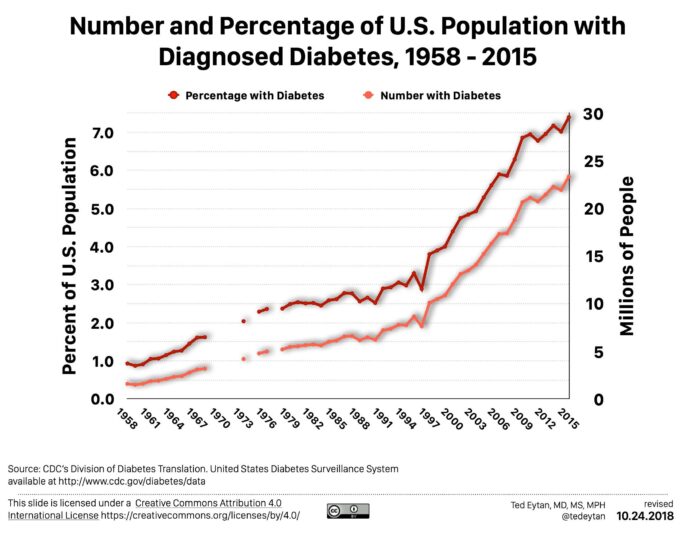
Lung Cancer Deaths on the Rise: Nearly 2 Million Lives Lost Each Year
Lung cancer is one of the most common and deadliest types of cancer worldwide. According to the World Health Organization (WHO), nearly 2 million lives are lost each year due to lung cancer, making it the leading cause of cancer-related deaths. The rising trend in lung cancer deaths is a cause for concern as it not only affects individuals and their families but also puts a significant burden on healthcare systems globally.
The main contributors to the rising trend in lung cancer deaths are smoking, air pollution, and the lack of early detection and treatment. It is estimated that around 85% of lung cancer cases are directly linked to smoking, with smokers having a 15 to 30 times higher risk of developing lung cancer than non-smokers. Additionally, exposure to secondhand smoke also increases the risk of developing lung cancer, further adding to the burden of this disease.
Another major factor contributing to the rise in lung cancer deaths is air pollution. Outdoor air pollution from vehicles, industrial emissions, and other sources has been linked to an increased risk of lung cancer, particularly in urban areas with high levels of pollution. Indoor air pollution, from sources such as cooking and heating with solid fuels, is also a significant risk factor for lung cancer, especially in low- and middle-income countries where access to clean energy is limited.
Early detection and treatment of lung cancer are crucial in improving survival rates, yet many cases are diagnosed at an advanced stage when treatment options are limited. This is due to the lack of effective screening programs for individuals at high risk, such as smokers and those with a family history of lung cancer. Additionally, the stigma associated with lung cancer and the misconception that it only affects smokers can lead to delays in seeking medical help, further impacting the chances of early detection and treatment.
Despite the challenges, there have been significant advancements in the treatment of lung cancer in recent years. Targeted therapies and immunotherapies have shown promising results in improving survival rates for certain types of lung cancer, particularly in cases where the cancer has specific genetic mutations. Additionally, advancements in imaging technology and biomarker testing have contributed to the early detection of lung cancer, providing patients with more treatment options and better outcomes.
Efforts to reduce the burden of lung cancer deaths are being made on various fronts. Tobacco control measures, such as anti-smoking campaigns, increased taxes on tobacco products, and smoke-free policies, are essential in reducing smoking rates and preventing new cases of lung cancer. Additionally, efforts to reduce air pollution through stricter emission regulations and the promotion of cleaner energy sources are crucial in addressing the environmental risk factors for lung cancer.
Improving access to early detection and treatment services is also a priority in reducing the impact of lung cancer on individuals and healthcare systems. This includes the implementation of screening programs for high-risk individuals, as well as efforts to raise awareness about the signs and symptoms of lung cancer to encourage early diagnosis and treatment. Furthermore, increasing investment in cancer research and healthcare infrastructure is essential in developing new and more effective therapies for lung cancer and improving access to quality care for patients.
In conclusion, the rising trend in lung cancer deaths is a significant public health concern that requires urgent attention and action. Smoking, air pollution, and the lack of early detection and treatment are the main contributors to this trend, highlighting the need for comprehensive and multi-faceted approaches to address the burden of lung cancer. Efforts to reduce smoking rates, improve air quality, increase access to early detection and treatment services, and advance research in lung cancer are essential in preventing the loss of nearly 2 million lives each year to this devastating disease. Through collective efforts and continued investment in lung cancer prevention and control, we can work towards reducing the impact of this disease and improving the survival and quality of life of those affected by lung cancer.












